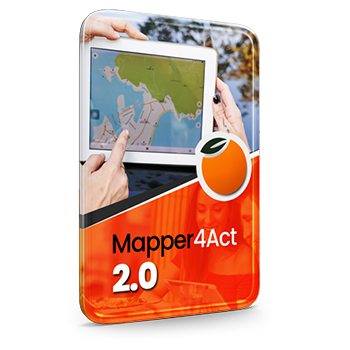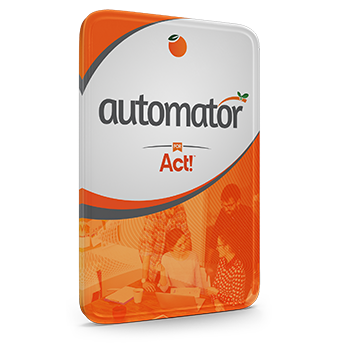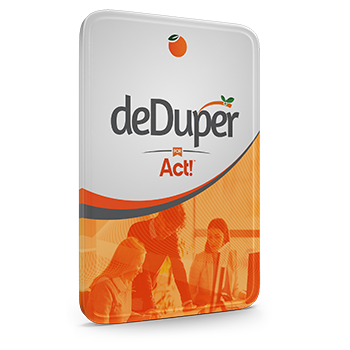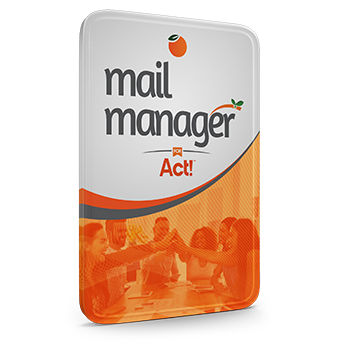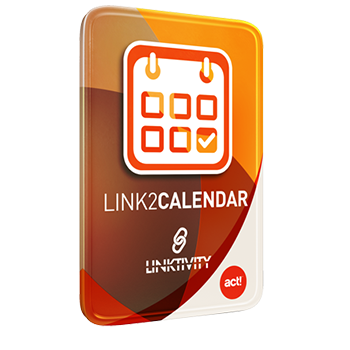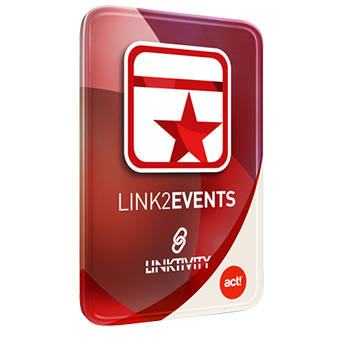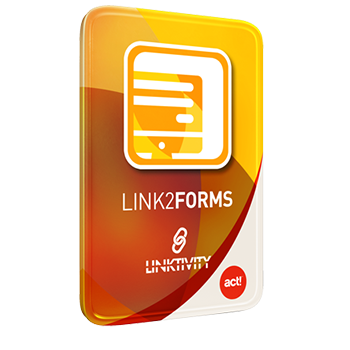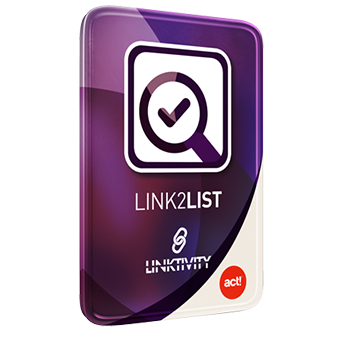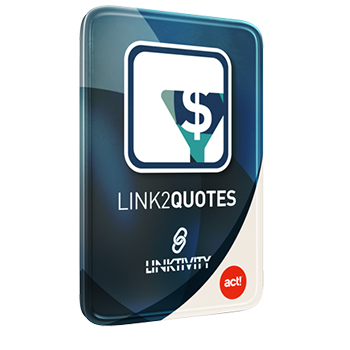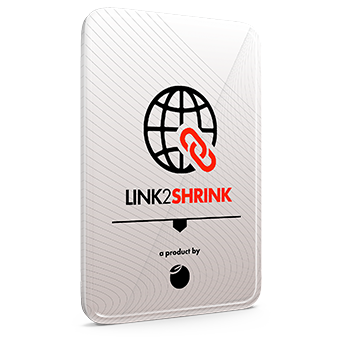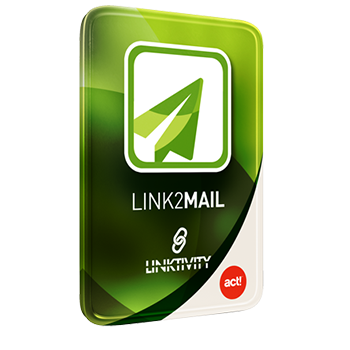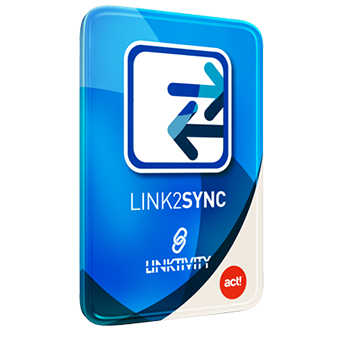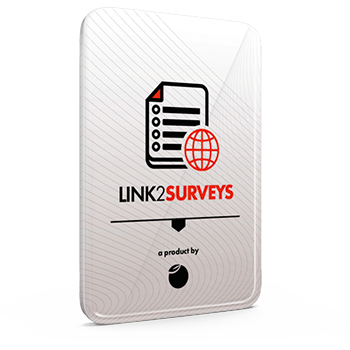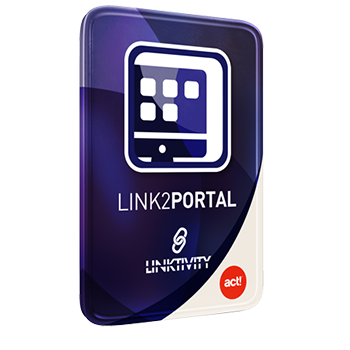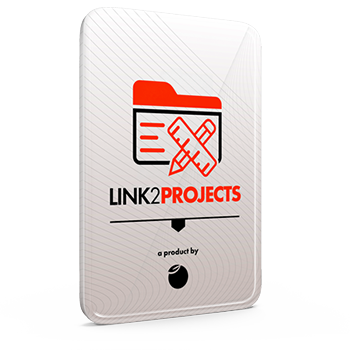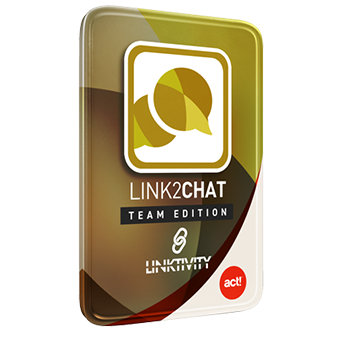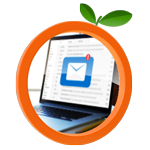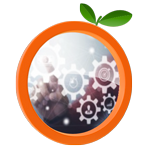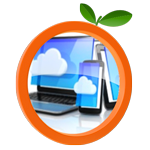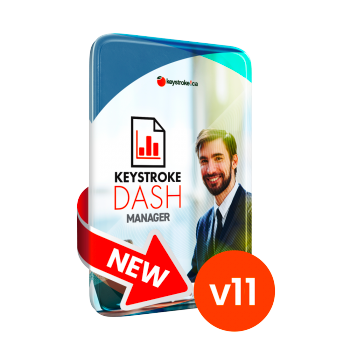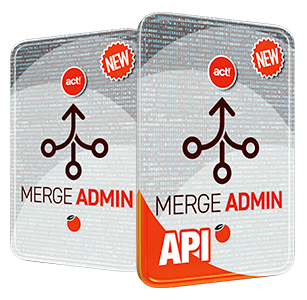Selecting the right tools in digital marketing is crucial for the success of your campaigns. Although Microsoft Outlook is a robust email client for personal and business communication, it is not well-suited for e-marketing. This isn't a flaw; Outlook simply wasn't designed for this purpose. While Outlook's mail merges and e-blasts are effective for maintaining communication within and outside the organization, they lack the advanced features needed to promote products or services and drive sales to potential or existing customers.
Here are several reasons why Outlook should not be used for e-marketing in business:
1. Lack of Automation Features: 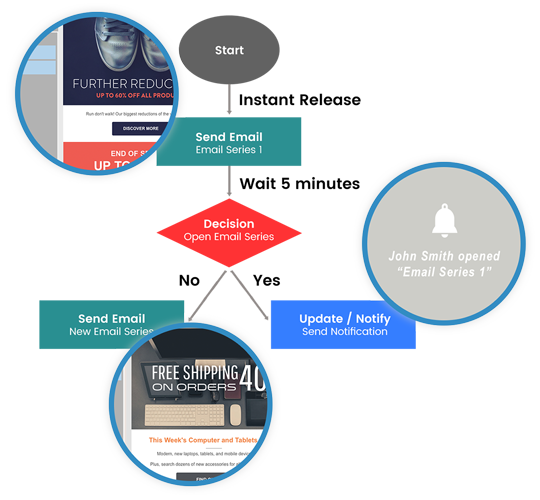 E-marketing requires automation to manage large-scale email campaigns efficiently. Tools like Act! Marketing Automation and HubSpot offer advanced automation features such as drip campaigns, autoresponders, and behavioral triggers. Outlook, on the other hand, lacks these capabilities, making it difficult to automate and streamline your marketing efforts.
E-marketing requires automation to manage large-scale email campaigns efficiently. Tools like Act! Marketing Automation and HubSpot offer advanced automation features such as drip campaigns, autoresponders, and behavioral triggers. Outlook, on the other hand, lacks these capabilities, making it difficult to automate and streamline your marketing efforts.
2. Limited Analytics and Reporting: Understanding the performance of your email campaigns is crucial for optimizing future efforts. Dedicated e-marketing platforms are server-side programs that provide detailed analytics and reporting, including open rates, click-through rates, and conversion tracking. Outlook is a client-side email program, and does not offer these insights, leaving you in the dark about how your emails are performing.
3. Design and Customization Constraints: Creating visually appealing and mobile-responsive email templates is essential for engaging your audience. E-marketing tools come with drag-and-drop editors and pre-designed templates 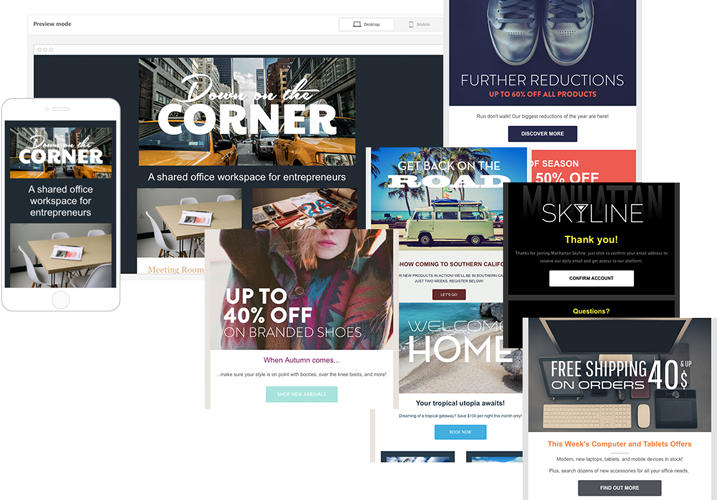 that are easy to customize. Outlook's design capabilities are limited, and creating professional-looking emails can be time-consuming and challenging.
that are easy to customize. Outlook's design capabilities are limited, and creating professional-looking emails can be time-consuming and challenging.
4. Compliance and Deliverability Issues: E-marketing platforms are designed to comply with regulations like GDPR, CASL, and CAN-SPAM, ensuring that your emails are legally compliant. For example, Outlook emails typically cannot support a standard Op-Out feature, which CAN-SPAM has required since 2003. They also have features to improve deliverability, such as spam testing and domain authentication. Using Outlook for mass emailing can lead to compliance issues and higher chances of your emails being marked as spam and hurting your sender reputation for future campaigns.
5. Scalability Challenges: As your business grows, so will your email list. E-marketing platforms are built to handle large volumes of emails and can scale with your business needs. Outlook is not designed for sending bulk emails and can face limitations regarding the number of recipients and email volume. If these limits are hit, this can also impact your ability to send or reply to regular emails. Gmail servers, for example, limit users to one thousands sends a day, and cut the user off after that.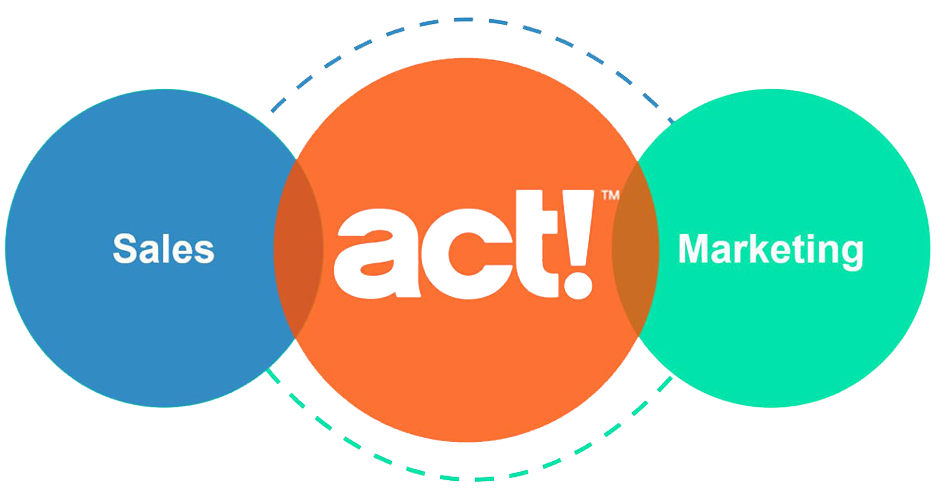
6. Integration with Other Marketing Tools: Effective e-marketing often involves integrating email campaigns with other marketing tools like CRM systems, social media platforms, and analytics software. E-marketing platforms like Act! Marketing Automation offers seamless integrations with Act! CRM, enhancing your marketing ecosystem and insights. Outlook's integration capabilities are limited in comparison.
Conclusion
While Outlook is an excellent tool for everyday email communication, it lacks the specialized features needed for successful e-marketing. Investing in a dedicated e-marketing platform like Act! Marketing Automation can provide the automation, analytics, design flexibility, compliance, scalability, and integration capabilities necessary to run effective email marketing campaigns. By choosing the right tool, you can enhance your marketing efforts, gain deeper actionable insights, and achieve better results for your business.

